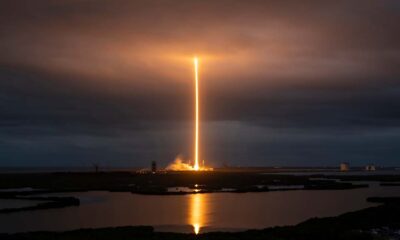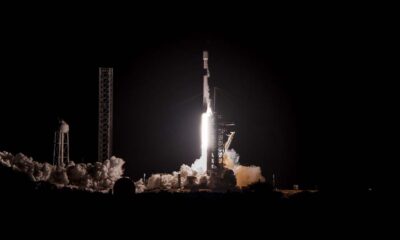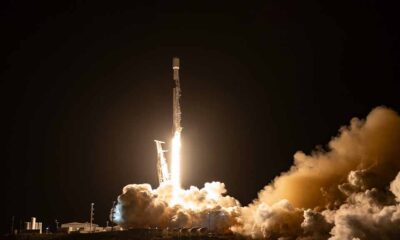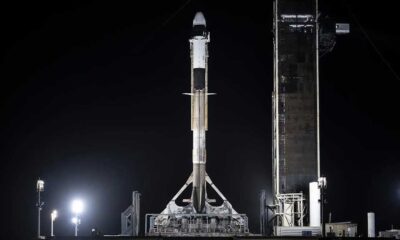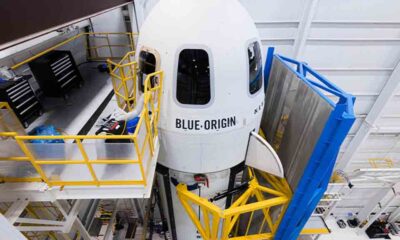SpaceX
SpaceX aims two Falcon 9 missions including Galileo L12 satellite
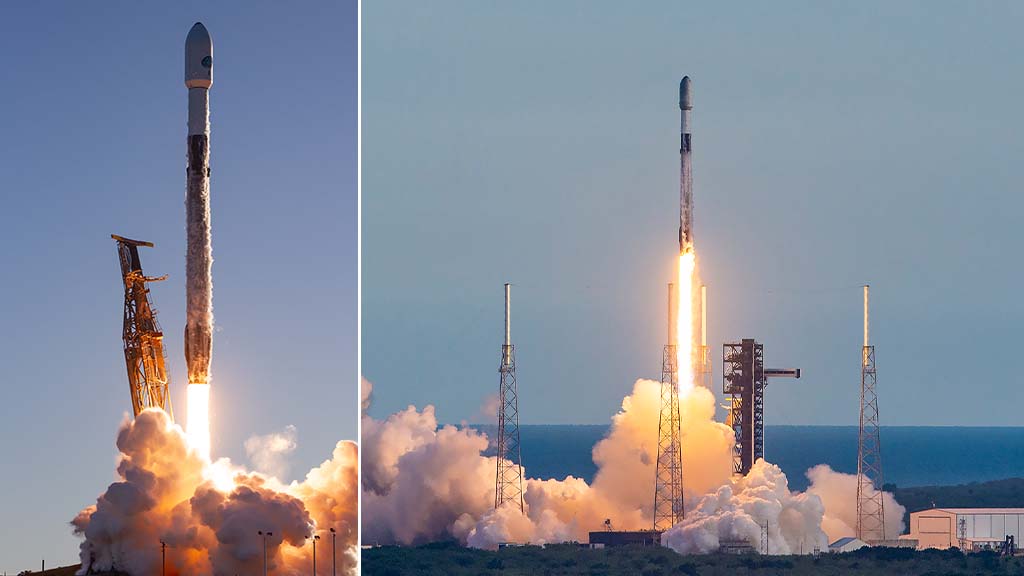
SpaceX has announced two back-to-back Falcon 9 launch missions from Florida for Saturday and Sunday and one of these includes European Comission’s Galileo L12 satellite.
The space launch service provider will send the first Falcon 9 rocket to orbit at 8:34 p.m. ET on Saturday from Launch Complex 39A at Kennedy Space Center in Florida. This mission has a backup launch date on the same day at 8: 30 p.m. ET.
The payload consists of Galileo L12, a Global Navigation Satellite System (GNSS) to provide navigation, positioning, and timing information. The data fetched by Galileo could be used in various satellite-based services including aviation, maritime, agriculture, and location-based services.
European Union operates, manages, and oversees the implementation of the Galileo Programme on behalf of the EU. It was designed and developed by EUSPA. This will be a record 20th mission for the first stage and enhanced specially for this payload deployment. After delivering the Galileo L12 satellite to the upper atmosphere, SpaceX will land the booster at a launch pad.
Second Flight:
The second mission consists of 23 Starlink satellites to low-Earth orbit from Space Launch Complex 40 at Cape Canaveral Space Force Station in Florida. This vehicle will liftoff at 5:50 p.m. ET and a backup launch opportunity is available until 9:50 p.m. ET. This launch could also postponed to the next day at 5:25 p.m. ET.
This is the 13th flight for the first stage mission and it will land on a droneship stationed in the Atlantic Ocean after delivering the second stage to the upper atmosphere.
(source)

